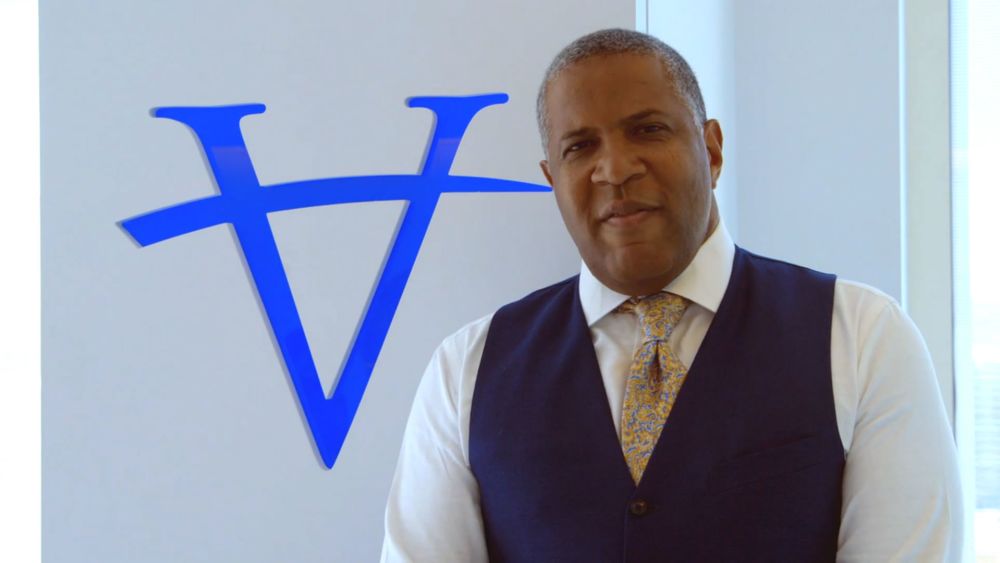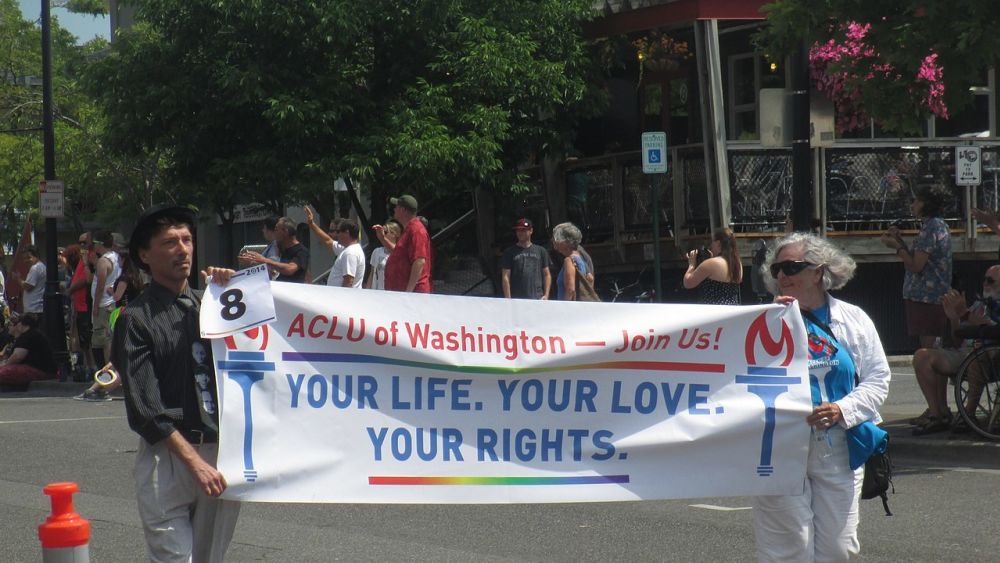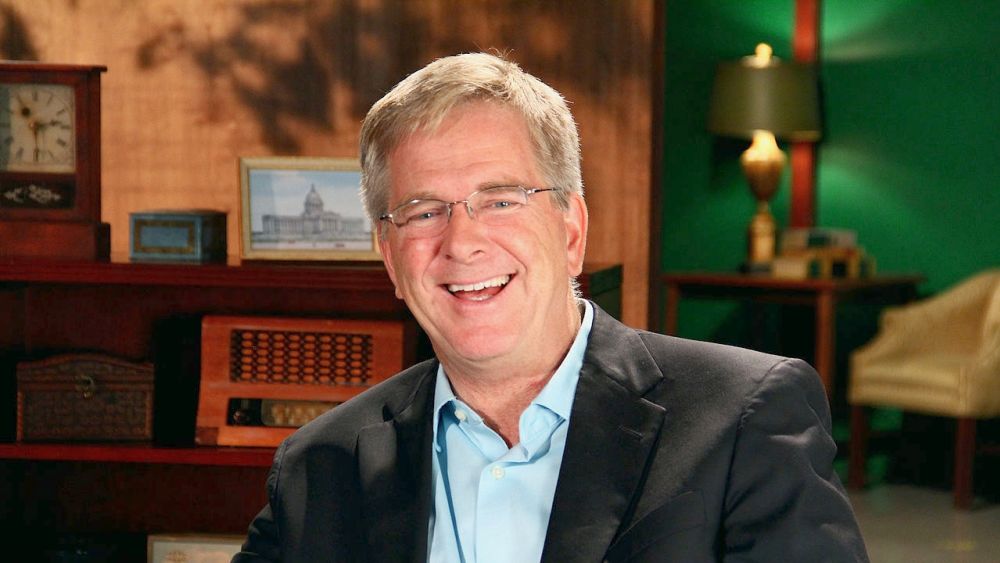Doctors Without Borders: Pushing Compassion Across Political Boundaries
Greggory Moore | Best of Best
Few organizations are as universally admired as Médecins Sans Frontières, which has been called "the exemplar of humanitarian aid" because of both the emergency medical care volunteers provide in what are literally the world's worst conditions; and because the group is willing to call attention to the causes of crisis, no matter on which side of the political divide it lies.
Battling to reach patients in the Central African Republic. Aiding South Sudanese refugees in Ethiopia. Discussing the release of staff members formerly held captive in Syria. While these sound like topics for a brief on the recent activities of the U.S. military, in reality they are stories in the May 2014 edition of The Field, Médecins Sans Frontières' monthly newsletter. It's a glimpse into the Nobel Prize-winning nonprofit's commitment to provide assistance "to populations in distress, to victims of natural or man-made disasters and to victims of armed conflict […] irrespective of race, religion, creed or political convictions."
The origins of Médecins Sans Frontières (MSF)—commonly known Stateside as "Doctors Without Borders"—can be traced back to doctors Max Recamier and Bernard Kouchner, who, after witnessing the murder and forced starvation of Biafrans in the wake of Biafra's secession from Nigeria, spoke out publicly about the Red Cross's silence regarding the unfolding humanitarian tragedy, which they viewed as a form of complicity. (“Silence has long been confused with neutrality, and has been presented as a necessary condition for humanitarian action," said MSF's president three decades later when the group received its Nobel Peace Prize. "From its beginning, MSF was created in opposition to this assumption. We are not sure that words can always save lives, but we know that silence can certainly kill.")
And so when in 1971 journalists Raymond Borel and Philippe Bernier published an appeal to establish a band of doctors to help individuals suffering in disasters areas, Recamier and Kouchner quickly signed on. Before long MSF was founded with 300 volunteers and a mission "to ensure sufficient knowledge of this new type of medicine: war surgery, triage medicine, public health, education, etc."
“It’s simple really: go where the patients are," says Kouchner. "It seems obvious, but at the time it was a revolutionary concept because borders got in the way."
Something else that is obvious about MSF's work is how dangerous it can be, so dangerous that MSF's very charter affirms that volunteers accept "the risks and dangers of the missions they carry out," which are usually in regions sorely lacking in security and infrastructure, such as war zones.
The reality of that danger was brought home in June 2004, when five MSF volunteers were murdered while on assignment in Afghanistan. It would not be the last time MSF volunteers died in the line of service. The most recent such incident occurred on April 26, when three staffers were killed in the Central African Republic.
So it was with a measure of relief that MSF reported the release of five staffers abducted in January from their quarters in northern Syria by Al-Qaeda-linked militants. But for an organization whose members literally put their lives on the line to help distressed peoples, the end of this episode was far from satisfying.
“The relief of seeing our colleagues return safely is mixed with anger in the face of this cynical act that has cut off an already war ravaged population from desperately needed assistance,” said MSF International President Joanne Liu, noting that MSF felt compelled to permanently close a hospital and two health centers in the region. “The direct consequence of taking humanitarian staff is a reduction in lifesaving aid. The long-term victims of this abduction are the Syrian population. Some 150,000 people in the Jabal Akkrad region are now deprived of MSF’s medical care, while living in a war zone.”
That MSF volunteers are sometimes targeted or otherwise prevented from doing their work is sadly ironic, considering that the organization is run on the basis of complete "neutrality and impartiality in the name of universal medical ethics," with members tasked "to maintain complete independence from all political, economic or religious powers."
But the reason MSF does not take sides in conflict zones has more to do with pragmatics than political ethics. Quite simply, MSF sees maintaining neutrality as the best way to "reach the people who need help the most," wherever they exist. "If warring parties see aid organizations as being on one side of a conflict, we are less likely to gain access to those in need and more likely to be attacked," the group reasons.
To that end, MSF accepts funding to work in conflict zones only from private individuals, rejecting all government grants for such, calling the choice "[o]ne of the ways in which we are able to demonstrate our independence to different parties."
But that does not mean MSF is reticent about the bad behavior of governments. "The principles of impartiality and neutrality are not synonymous with silence," the group says. "When MSF witnesses extreme acts of violence against individuals or groups, the organization may speak out publicly. We may seek to bring attention to extreme need and unacceptable suffering when access to lifesaving medical care is hindered, when medical facilities come under threat, when crises are neglected, or when the provision of aid is inadequate or abused."
It was just such conviction that in 1994 led MSF to call for armed intervention to stop the genocide being perpetrated against the Tutsi people in Rwanda; and 10 years later to point fingers at those who allowed it to happen.
"The United Nations, which was present militarily in the country at the time, bears the heavy burden of failing to try to protect the Rwandan Tutsis," wrote then-MSF President Jean-Hervé Bradol in 2004, "but France is guilty of supporting a genocidal regime for far too long and, when it finally responded, of conducting a 'neutral' military intervention (Operation Turquoise) that helped provide the perpetuators of genocide a sanctuary in the Zairian refugee camps."
Not surprisingly, on occasion such outspokenness by a humanitarian organization draws criticism. In 2009, for example, many MSF supporters took offense to a newsletter article entitled, "Gaza: A Devastating Regard for Civilians", wherein MSF expressed its "outrage" at the Israeli government for a three-week incursion into the Gaza Strip that resulted in over 6,700 mostly civilian casualties—including 1,300 deaths—along with the destruction of over 17,000 homes in an area which, unlike most conflict zones, civilians are actively prevented from fleeing. MSF's medical coordinator in Gaza called on the international community to mobilize to stop the Israeli army. "This passive stance is unbearable, intolerable," she said. "[...] Even people carrying white flags are being shot at." In the same article, MSF France's president said that the Israeli army's aggression prevented the MSF from providing humanitarian and medical aid.
Rather than becoming defensive in the face of criticism, an editor's note was inserted acknowledging the article as "too one-sided in its presentation of the Gaza conflict. The article, as it was written, did not sufficiently contextualize the Israeli incursion into Gaza as a response to the longstanding and indiscriminate rocket attacks being launched by Hamas from the Strip into Israel."
It's all part of what MSF calls "a daily engagement playing out in our headquarters and among our field teams around the world[, …] a constant reflection of our medical humanitarian action and speaking out" regarding "the principles of providing assistance to victims of violence and disease regardless of political, religious, or economic affiliations." It's just such a philosophy that led Dr. James Paupst to label MSF" the exemplar of humanitarian aid because of the strength of its advocacy for victims who are unable to speak out against crushing bureaucracy and political systems that rule by terror and fear."
That speaking out may have led to the Myanmar government ordering MSF to cease operations within the country. MSF had been providing emergency assistance in the state of Rakhine to hundreds of thousands of Rohingya displaced by ethnic violence against them. In February, after MSF reported treating victims of an alleged massacre near the Bangladesh border—an incident the Myanmar government denies took place—MSF was ordered to leave the country. Eventually the government relented, though MSF was barred from resuming operations in Rakhine.
With over 27,000 volunteers providing assistance in 70 countries, the difference MSF makes in almost incalculable. MSF reports treating over 10 million patients in its four decades of operation. You don't need to be either a medical administrator or a mathematician to realize from those numbers that MSF doctors treat a <i>lot</i> of patients, so many—and in such harsh conditions—that MSF volunteers suffer a high burnout rate. MSF's goal is to have 50% of doctors return for a second mission, a number to hit, considering that each mission means resigning oneself to an unrelenting schedule of providing substandard care (i.e., because of the various limitations inherent to the circumstances of each MSF mission) to a glut of patients with acute illnesses, many of whom inevitably do not survive.
The 2008 film Living in Emergency provides a close-up look at such conditions, documenting several months in the lives of a handful of doctors supplying care in places such as Congo and Liberia. "The demand is pretty much infinite," says one of the subjects, "so you just do what you can do."
With roughly one-third of the world's population—about 2 billion people—lacking access to basic medical care, MSF is the first to admit that what it can do is a drop in the bucket. But a favorite MSF parable is the one about the boy picking up starfish that had been washed up on the beach and throwing them back into the water. The man asks the boy what he's doing. "I am throwing these starfish back into the ocean so they don't die," the boy says. "But there must be thousands on this beach, and this must be happening on hundreds of beaches along the coast," the man says. "You can't possibly make a difference." The boy bends down, picks up another starfish, and throws it back into the water, then says, "I bet it makes a difference to that one."
Médecins Sans Frontières is making a difference daily to individuals living in the worst of conditions. And the group does so while maintaining a sterling reputation for efficiency, with a reported 86.3% of donations going directly to program services. To help the MSF mission to provide relief to distressed people everywhere, visit msf.org.
About the Author:
Except for a four-month sojourn in Comoros (a small island nation near the northwest of Madagascar), Greggory Moore has lived his entire life in Southern California. Currently he resides in Long Beach, CA, where he engages in a variety of activities, including playing in the band MOVE, performing as a member of RIOTstage, and, of course, writing.
His work has appeared in the Los Angeles Times, OC Weekly, Daily Kos, the Long Beach Post, Random Lengths News, The District Weekly, GreaterLongBeach.com, and a variety of academic and literary journals. HIs first novel, The Use of Regret, was published in 2011, and he is currently at work on his follow-up. For more information: greggorymoore.com

Introducing Stitches!
Your Path to Meaningful Connections in the World of Health and Medicine
Connect, Collaborate, and Engage!
Coming Soon - Stitches, the innovative chat app from the creators of HWN. Join meaningful conversations on health and medical topics. Share text, images, and videos seamlessly. Connect directly within HWN's topic pages and articles.

















